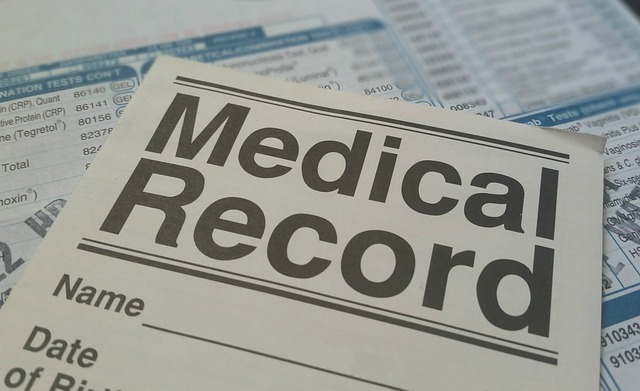hospitals
Fact Check: Do lower Medicaid provider payment rates cause higher commercial payment rates?
Download this Fact Check There’s a pervasive myth that lower Medicaid provider payment rates force providers to charge private insurers more to cover costs, but there is no evidence of that. On a simple level it makes some sense, but the truth is that providers, like most businesses, charge what they can, regardless of what…
Read MoreCT Medical Society signs on with state HIE that plans to sell medical records
The state’s controversial HIE signed up its first participating provider network. Thursday the Office of Health Strategy (OHS) announced that CT Health Link, run by the CT State Medical Society (CSMS), will “immediately begin the technical connections necessary” to allow access into their system. Advocates have been concerned about OHS’s plans to sell access to…
Read MoreCOVID hits hospital bottom lines but boosts insurer profits
Contrary to earlier concerns, it appears that health insurers are doing pretty well through the COVID pandemic. It appears the costs of treating people with the virus are more than offset by a 60% reduction in other medical care including elective surgeries, routine outpatient care and lower ED visits. The six largest insurers reported $8.6…
Read MoreHospitals question viability and policy in OHS plans to share medical records
It’s unusual when independent consumer advocates and hospitals are on the same page. In a strongly worded letter, the CT Hospital Association laid out serious problems with OHS’s proposed plan to share data in their controversial Health Information Exchange (HIE). Only some hospitals were given the opportunity to comment on OHS’s plans. Under law, all…
Read MoreCT hospitals would fare better than most if all payers used Medicare payment rates
A new study published in Health Affairs finds that if commercial payment rates were set at fee-for-service Medicare levels in 2017, US hospital revenue (inpatient and outpatient) would drop by 35%. Interestingly, also raising Medicaid rates to Medicare levels does little to mitigate that, changing the revenue loss to 30%. However, the authors note that…
Read MoreCT 7th best at social distancing, Fairfield leads CT counties
Last week, Connecticut residents did better than most Americans in maintaining social distance according to a University of Maryland model. (We slipped a bit on Saturday – to 18th among states.) The aggregate score uses the percent of us who stay home and reductions in trips per person. 35% of Connecticut residents stayed home last…
Read MoreUnder cover of the pandemic, OHS rushes controversial medical record exchange implementation
While most healthcare stakeholders and most of state government is focusing unprecedented efforts on protecting Connecticut from COVID-19, the Office of Health Strategy (OHS) continues its rush to implement a controversial plan to build their own Health Information Exchange (HIE). The rush is happening over objections from many stakeholder groups that they will need to…
Read MoreCT hospital and worker capacity lower than rest of US
As Connecticut and the rest of the nation faces the COVID-19 pandemic, hospital workers are on the front line. New analysis from the Bureau of Labor Statistics finds that Connecticut was behind most states in hospital capacity before the pandemic began. Last year, Connecticut ranked 11th among states in population per hospital at 31,274 Connecticut…
Read MoreWords matter – Unintended consequences of rush for COVID-19 treatment and poor communication
Scientists are under great pressure, internal and external, to find successful treatments for people seriously ill with the new coronavirus. Scientists are heroes, working with exceptional “vigor and speed” to find options. Unfortunately, sometimes that pressure results in early results being misunderstood and misused. Research conducted during a pandemic is not optimal for rigorous science…
Read MoreNew, confusing twist on state’s HIE plans to sell insurers access to personal medical records
In new information, the Office of Health Strategy says their Health Information Exchange (HIE) will not provide insurers or large health systems — Accountable Care Organizations (ACOs) – access to individual patients’ data. Advocates and providers have raised concerns that access to personal medical records could allow insurers and ACOs to inappropriately limit care and…
Read More









